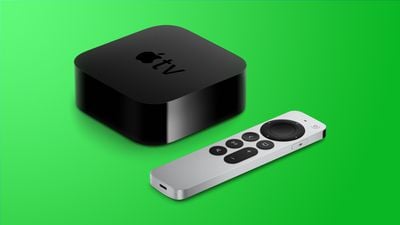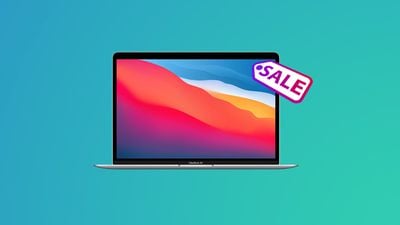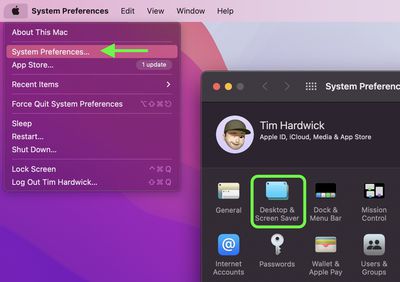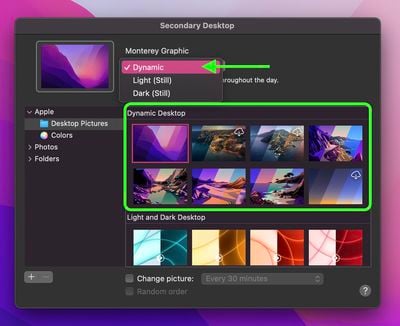The chip powering the next-generation iPhone will reportedly be based on a "4nm" process, an even smaller process compared to the 5nm process used in the iPhone 12 and iPhone 13 lineups, according to a paywalled preview of an upcoming report from DigiTimes.
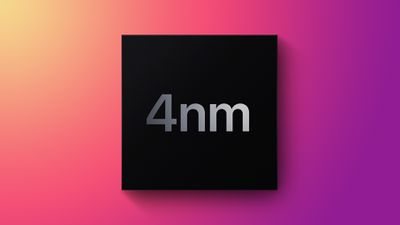
Last year, Apple adopted a 5nm process with the A14 Bionic chip in the latest iPad Air and the iPhone 12 lineup. With the iPhone 13, it used an enhanced iteration of the 5nm process. For the iPhone 14, the report claims Apple and its chipmaking partner TSMC are looking to adopt a "4nm" process for the A16 Bionic, the likely name for the chip powering the next-generation iPhone.
A smaller process reduces a chip's physical footprint and offers improved performance and enhanced energy efficiency. A report yesterday by The Information claimed that TSMC and Apple are facing technical challenges in producing a 3nm chip, possibly being a reason the iPhone 14 will feature a "4nm" process instead.
Separate reports from earlier in the year have suggested that Apple has booked all of TSMC's production capacity for the 3nm process, which could instead debut in the iPhone 15 and next-generation Apple silicon Mac computers in several years.
With the iPhone 13 and iPhone 13 Pro already released, we now await what Apple has in store for the iPhone 14. While we're still a little under a year away from its launch, rumors suggest that the iPhone 14 will feature one of the most significant iPhone redesigns of the past several years. Get caught up on the latest rumors about Apple's next-generation iPhone using our roundup.
Update: While the DigiTimes report said "Apple will likely adopt TSMC's 4nm process," TSMC refers to the process as "N4P" and describes it as a "third major enhancement of TSMC's 5nm family."


 Note: MacRumors is an affiliate partner with Amazon. When you click a link and make a purchase, we may receive a small payment, which helps us keep the site running.
Note: MacRumors is an affiliate partner with Amazon. When you click a link and make a purchase, we may receive a small payment, which helps us keep the site running.

 Note: MacRumors is an affiliate partner with Nomad. When you click a link and make a purchase, we may receive a small payment, which helps us keep the site running.
Note: MacRumors is an affiliate partner with Nomad. When you click a link and make a purchase, we may receive a small payment, which helps us keep the site running.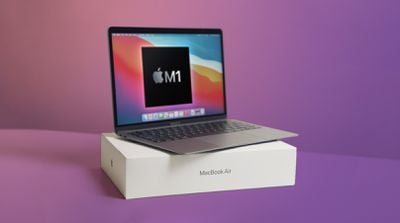
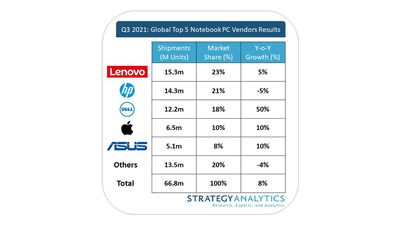
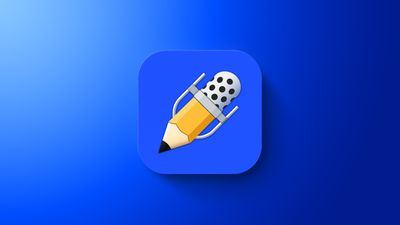


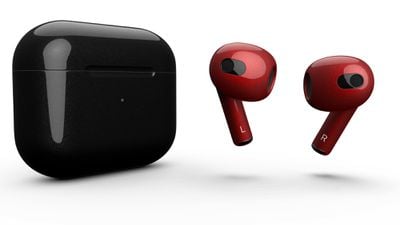
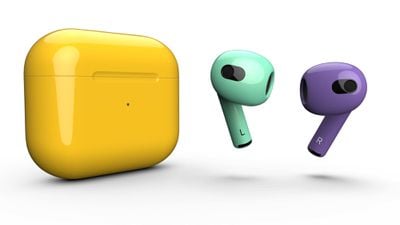
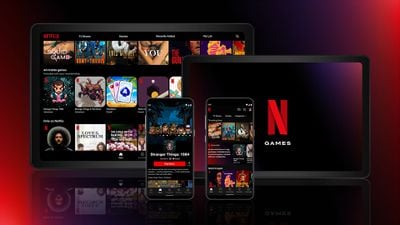

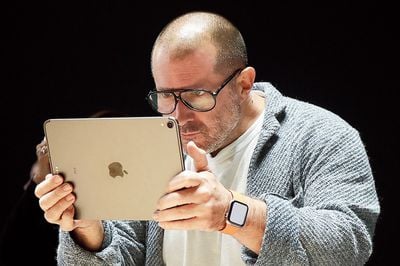
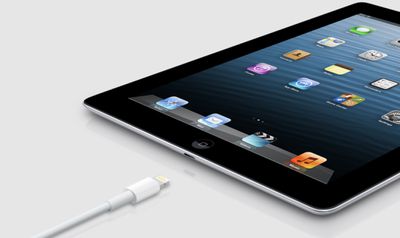
 Note: MacRumors is an affiliate partner with some of these vendors. When you click a link and make a purchase, we may receive a small payment, which helps us keep the site running.
Note: MacRumors is an affiliate partner with some of these vendors. When you click a link and make a purchase, we may receive a small payment, which helps us keep the site running.